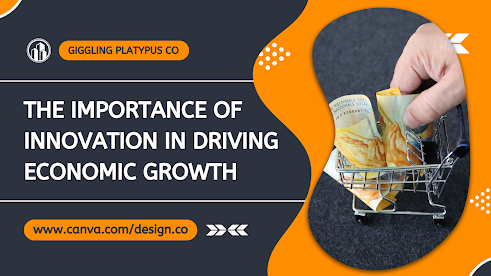With 80 days remaining until November 5th, the race for the 47th President of the United States is intensifying. Polls reveal a highly competitive landscape, with both major party candidates neck and neck in several key battleground states. Voter sentiment is deeply divided, reflecting the polarized nature of American politics today.
The economy remains the most compelling issue, with inflation, job creation, and income inequality dominating discussions. Candidates are also focusing on healthcare, particularly the future of Medicare and Medicaid, as the aging population grows increasingly concerned about these programs' sustainability.
Climate change is another critical issue, particularly among younger voters. The candidates' differing approaches to environmental regulation and energy policy could significantly sway this demographic. Immigration policy is also a contentious topic, with debates over border security, asylum policies, and the treatment of undocumented immigrants continuing to polarize voters.
Social issues, including abortion rights, gun control, and LGBTQ+ rights, are further dividing the electorate. The Supreme Court's recent decisions have brought these topics to the forefront, making them pivotal in swaying undecided voters.
With the race tightening, campaign strategies are expected to focus on these key issues, particularly in swing states where the outcome remains uncertain. The next 80 days will be crucial as the candidates work to solidify their positions and win over the crucial undecided voters who will ultimately decide who becomes the 47th President of the United States.

Comments
Post a Comment